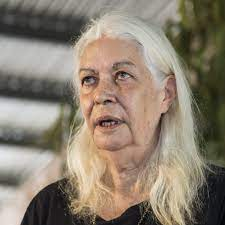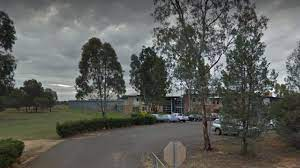Revealed: Foetal Alcohol Spectrum Disorder and youth crime link
Luke Williams
19 November 2023, 8:20 PM
 Image: Pixabay.
Image: Pixabay.There is a push underway in the Western Plains to ensure better early detection of Foetal Alcohol Spectrum Disorder (FASD) as health experts and indigenous activists continue to show the link between youth crime and FASD.
Healthy Communities Foundation Australia has just announced a partnership with the University of Sydney on a new screening program to detect FASD.
Mark Burdack CEO of Healthy Communities Foundation Australia, told the Western Plains App the scheme is to “get those kids identified who have the disorder and get those who do have the disorder into appropriate treatment”.
International research has reported a high prevalence of FASD in young people and adults in prison and correctional facilities.
Roughly 60% of youth with FASD become involved with the justice system, and people with FASD are 19 times more likely to be jailed compared to those without FASD.
FASD is a condition that impairs brain and organ development when babies are exposed to alcohol before birth.

Image: Medical News Today.
The only Australian study — conducted by the Telethon Institute in 2018 — found 36 per cent of children in a Western Australian youth detention centre had FASD.
Only two of them had been previously diagnosed.
“What we know about FASD is that the people with it have reduced impulse control. So sometimes in classroom or home environments, those conditions are not well understood, so we are not always working with them effectively,” Mr Burdack said.
“Then they grow into adults, sometimes, not always, but sometimes we find they are engaged in the criminal justice system.
“So with earlier screening, It will better enable us to understand certain individuals and manage their condition,” he said
A report from Professor Marcia Langton and Kristen Smith say at least half of Indigenous perpetrators of family violence – potentially up to nine in 10 - are born with FASD.
They say it would take at least a generation to reduce the prevalence of alcohol-related brain injuries and, even then, only if more effective drug and alcohol programs than currently on offer are introduced.

Marcia Langton Image: The Guardian.
This has, in turn, made them question the use of conventional behavioral change programs, arguing that a behavior-control approach would be less effective than an NDIS-style wrap-around of health services.
Mr Burdack says the partnership with Sydney University will enable a new way of screening for the disease.
“This screening can be done by members of the community, not by Doctors, so it’s something we can engage Aboriginal Health Workers around this, and so we don’t need to fly anybody in.”
He said that one of the difficulties in early detection is parents admitting that they may have exposed children to alcohol during birth.

Orana Youth Justice Centre in Dubbo. Image: The Daily Telegraph
According to Australian national guidelines, there is no safe amount of alcohol that can be consumed during pregnancy.
“It's complex to talk to someone about - it's a sensitive issue,” Mr Burdack said. “We need to approach it delicately to ensure these screenings get done”.
She said any findings would result in a referral to a Sydney Hospital to work in a specialised program for young people with FASD.
“This program is not just about improving health outcomes, but reducing incarceration rates”.



